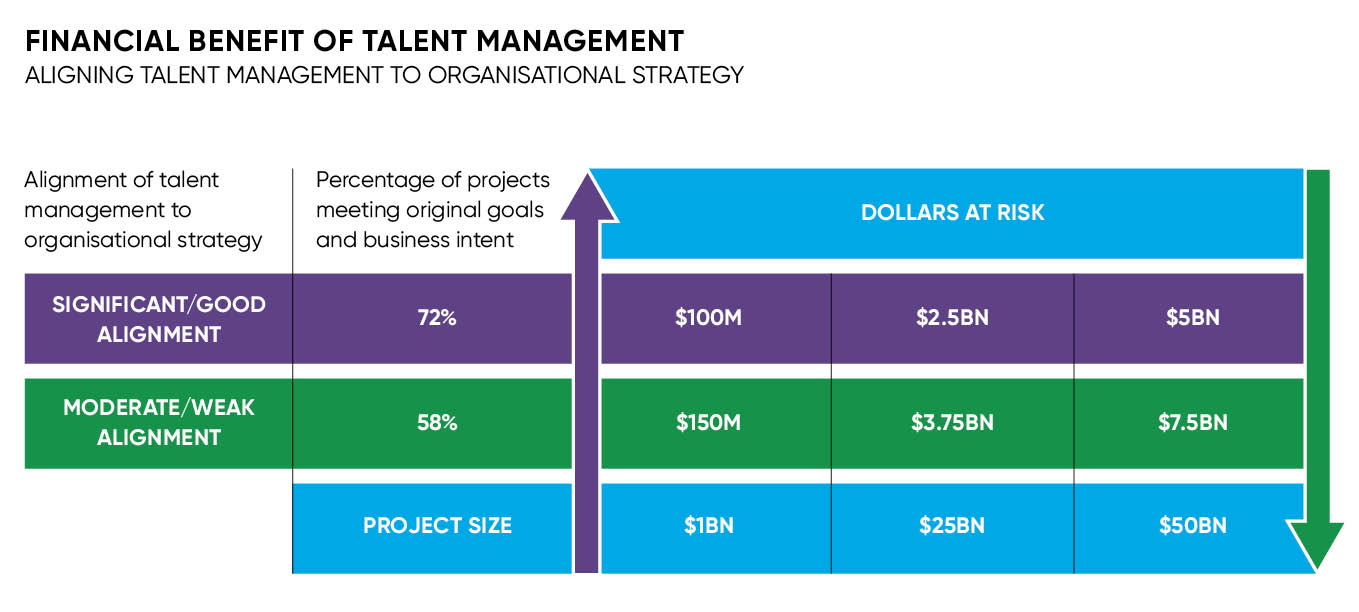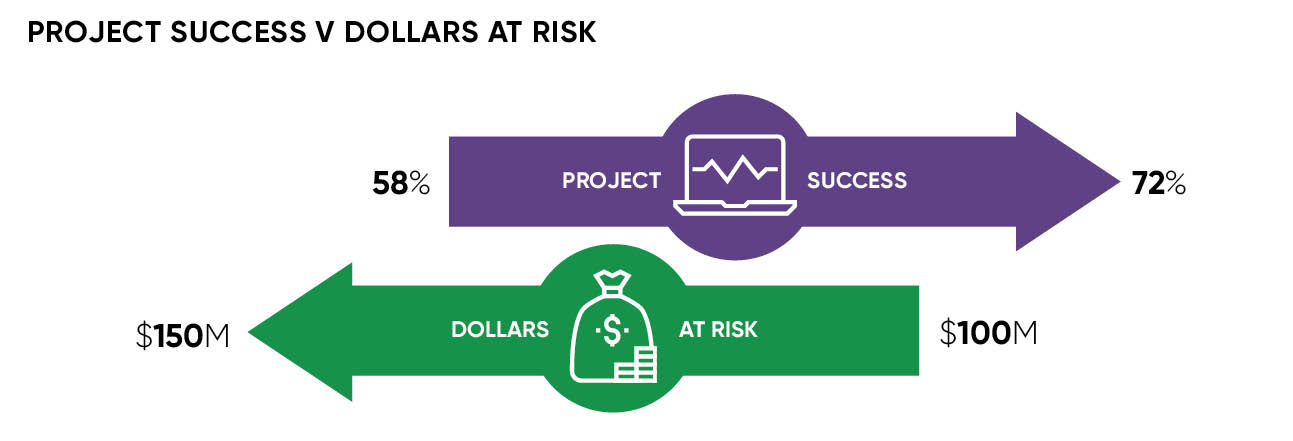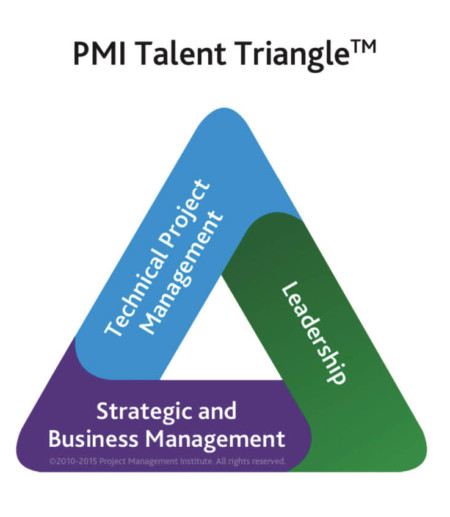
MARK A. LANGLEY PRESIDENT AND CHIEF EXECUTIVE, PMI
Most organisations around the world agree that talent is one of their most valuable resources and that a winning strategy is essential for success. What’s less obvious is how talent and strategy are linked – and, more specifically, how the link between project management talent and strategy has a direct impact on an organisation’s bottom line.
Research confirms that the connection between talent management and successful strategy implementation is often overlooked. In an Economist Intelligence Unit study for the Project Management Institute (PMI), Rally the Talent to Win, just 41 per cent of respondents said their organisation has a clear, accepted approach to strategic talent development. A fraction of those reported their organisations provide sufficient financial resources, C‑suite attention or employee time for the management and development of the project management talent needed to implement strategy.
The link between project management talent and strategy has a direct impact on an organisation’s bottom line
The stakes are high: on average, £122 million of every £1 billion invested in projects and programmes is wasted due to poor performance. Talent deficiencies are linked to unsuccessful strategy implementation efforts 40 per cent of the time.
On the positive side, the impact of aligning talent management and organisational strategy is substantial. When organisations excel at such alignment, they waste 50 per cent less on their projects, giving them a strong competitive advantage. They also have an average project success rate of 72 per cent. By contrast, organisations that have not effectively aligned strategy with talent management have an average project success rate of 58 per cent.


A significant issue related to project talent is supply or, more specifically, the lack of it. According to PMI’s Talent Management – Powering Strategic Initiatives in the PMO, four out of five respondents reported that their organisations struggle to find qualified candidates to fill open project management positions.
The challenge is often related to the difficulty in finding project management professions with the right combination of capabilities.
Historically, when evaluating project management skills, the greatest emphasis has been placed on technical project management skills and sector-specific product knowledge. It has become clear, though, that leadership skills and strategic and business management expertise are just as important – if not more so. The organisations that are most successful with strategy implementation and managing talent look for project management personnel who can demonstrate the combination of technical, leadership, and strategic and business management expertise – what we call “the talent triangle”.
 It’s clearly to an organisation’s benefit to have a strong commitment to talent management and alignment with strategy. Those that do have higher success rates with projects and they waste 33 per cent less money on strategic initiatives.
It’s clearly to an organisation’s benefit to have a strong commitment to talent management and alignment with strategy. Those that do have higher success rates with projects and they waste 33 per cent less money on strategic initiatives.
Because of the obvious benefits of focusing on talent and its relationship to strategy, it puzzled me for many years that so many organisations weren’t giving these matters the attention they deserve. Several years ago I had the chance to talk about this with management guru Tom Peters. I asked him why leaders need to be reminded about something as obvious as how important it is to find and nurture the right people.
He looked at me and said, “You know why, Mark? Because it’s hard.” And it’s true. But it’s also true that people and talent will always be central to organisational success, and those organisations that don’t shy away from the hard tasks will see better results.
With that in mind, we suggest a focus on the following five practices to help boost an organisation’s talent management capability and strengthen its strategic capability:
- Moving resources from current assignments to next opportunities effectively. This helps facilitate knowledge transfer and boost employee engagement.
- Identifying replacement candidates needed because of turnover or churn. Periodically assess your talent pipeline and adjust your recruitment practices and processes as needed.
- Creating broad succession plans across organisational boundaries. Organisations that have strong alignment of talent and strategy have multiple project management career paths, including ones that are more project focused and ones that are more business oriented.
- Integrating talent management across the organisation. That means a focus on performance management, learning and training, leadership development, and recognition rewards.
- Hiring not just for technical skills. Business strategy and leadership skills along with technical skills form the aforementioned “talent triangle” – the combination of skills most in demand for project management.
UK organisations that follow this approach are already seeing positive results. “Talent development is a high priority for us and our Project and Programme Management Development Needs Analysis programme has won top industry awards for its capability to help project management professionals improve,” says Dave Gunner, head of the PPM Academy at Hewlett Packard Enterprise.
“Additionally, PMI’s Project Management Professional® certification provides us with a consistent framework and knowledge base for our project managers across the globe, who embody the qualities of the PMI talent triangle. Our project managers, equipped with these skills, are able to execute successfully against projects and programmes, and contribute to accomplishing overall strategic goals.”
Strategic change happens through projects and programmes. I often say that if you can’t see your organisation’s future in your portfolio of strategic initiatives, you have no hope of achieving that future. And the corollary to that statement is you have no hope of achieving that future if you don’t have the talent who can execute those initiatives.
Whether it’s about improving the bottom line, returning more money to shareholders or staying ahead of your competitors, it comes back to making the appropriate investments in talent in accordance with your strategy. Given that there is already a shortage of qualified project talent and that the trend is expected to worsen, investing in hiring and developing talent should itself be a strategic priority.
For more information please visit PMI.org/Pulse




